Tobias Nef
Eigenbehaviour as an Indicator of Cognitive Abilities
Oct 18, 2021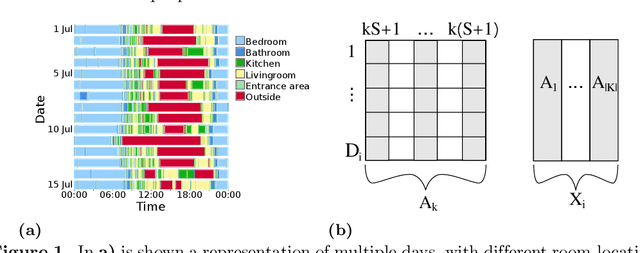

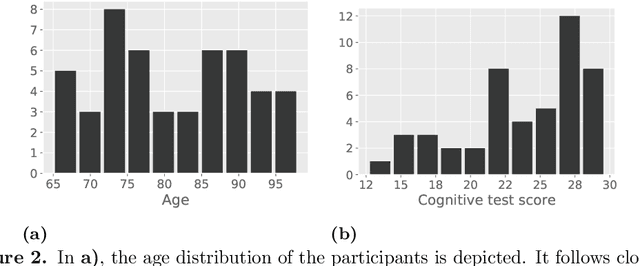

Abstract:With growing usage of machine learning algorithms and big data in health applications, digital biomarkers have become an important key feature to ensure the success of those applications. In this paper, we focus on one important use-case, the long-term continuous monitoring of the cognitive ability of older adults. The cognitive ability is a factor both for long-term monitoring of people living alone as well as an outcome in clinical studies. In this work, we propose a new digital biomarker for cognitive abilities based on location eigenbehaviour obtained from contactless ambient sensors. Indoor location information obtained from passive infrared sensors is used to build a location matrix covering several weeks of measurement. Based on the eigenvectors of this matrix, the reconstruction error is calculated for various numbers of used eigenvectors. The reconstruction error is used to predict cognitive ability scores collected at baseline, using linear regression. Additionally, classification of normal versus pathological cognition level is performed using a support-vector-machine. Prediction performance is strong for high levels of cognitive ability, but grows weaker for low levels of cognitive ability. Classification into normal versus pathological cognitive ability level reaches high accuracy with a AUC = 0.94. Due to the unobtrusive method of measurement based on contactless ambient sensors, this digital biomarker of cognitive ability is easily obtainable. The usage of the reconstruction error is a strong digital biomarker for the binary classification and, to a lesser extent, for more detailed prediction of interindividual differences in cognition.
Deep Canonical Correlation Alignment for Sensor Signals
Jun 07, 2021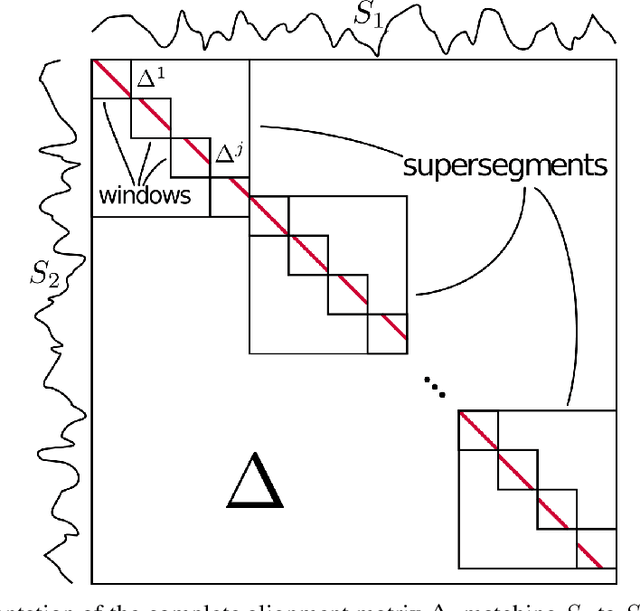
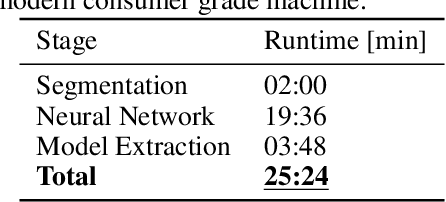
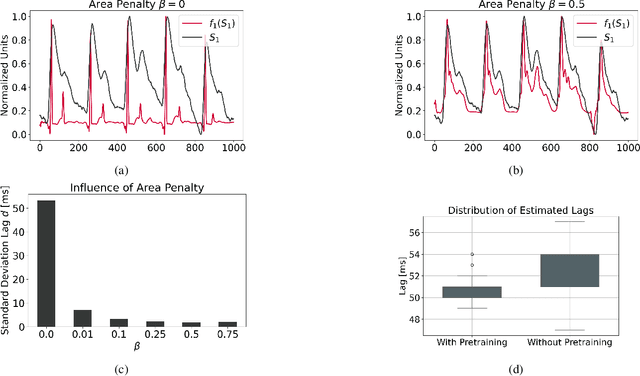

Abstract:Sensor technology is becoming increasingly prevalent across a multitude of fields and industries. As a result, simultaneous recordings of multiple inter-correlated signals is becoming increasingly common. With this, more problems of a practical nature emerge due to sensor clock-drift, offsets, and other complications. Processing of multiple sensor data is often dependent on the data being properly aligned in the temporal dimension. The alignment process is a necessary step before the data can be evaluated properly but it is a time consuming process, often involving significant manual labor and expertise. Regularly used methods to align sensor signals have trouble addressing real-world issues such as morphological dissimilarities, excessive noise, or very long, raw sensor signals. In this work, we present Deep Canonical Correlation Sensor Alignment (DCCA), a method that is specifically tailored to address these problems. It exploits common properties specific to misalignments produced by sensor circuitry, such as clock-drift and offsets. On a selection of artificial and real datasets we demonstrate the performance of DCCA under a variety of conditions.
 Add to Chrome
Add to Chrome Add to Firefox
Add to Firefox Add to Edge
Add to Edge